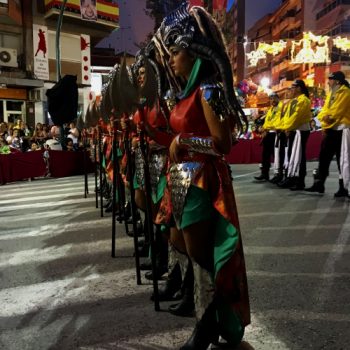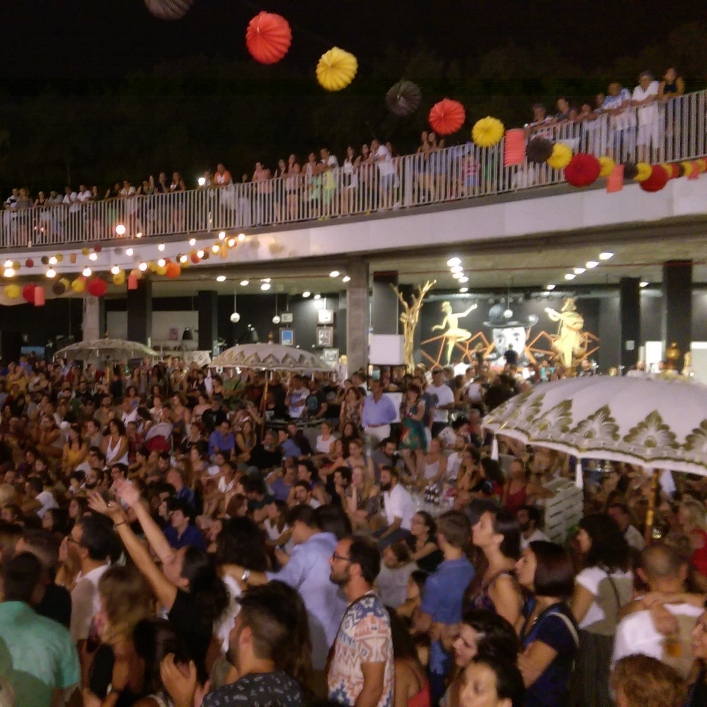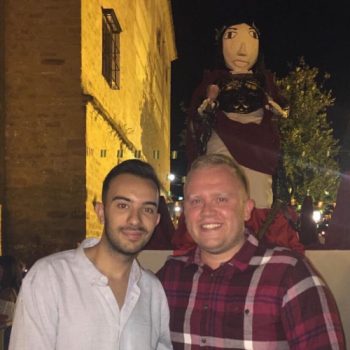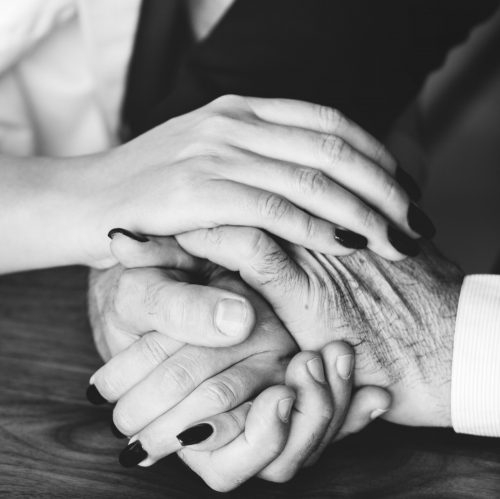
The Integration of the Elderly into Spanish Society
Dear Toby,
A couple of weeks ago I talked about the integration of kids into Spanish nightlife (and holy cow, they are out with families up and past midnight, especially during weeks like these that we have Corpus). Today, I would like to dive a little bit into the integration of elderly people into daily life. While at University I took a Sociology class focused on Age and Gender and this only confirmed some of the things that I had already noticed about Spanish culture.
As I actually think it is really interesting to have this analysis from the perspective of an American in comparison with that of a Spaniard, I would like to recommend an article written by one of my old professors that actually specialises in this subject. He just published a really interesting article about the living arrangements of the elderly in Spain. Check it out here!
Note: I would just like to specify that while chronological age (the number of years you have been alive) is only one measure of how ‘old’ a person is, it is the most common way to classify people in today’s society. Therefore, while the use of ‘elderly’ in this post might not always represent those people who have been on Earth for the longest period of time, that is the most ‘normal’ interpretation of the term.
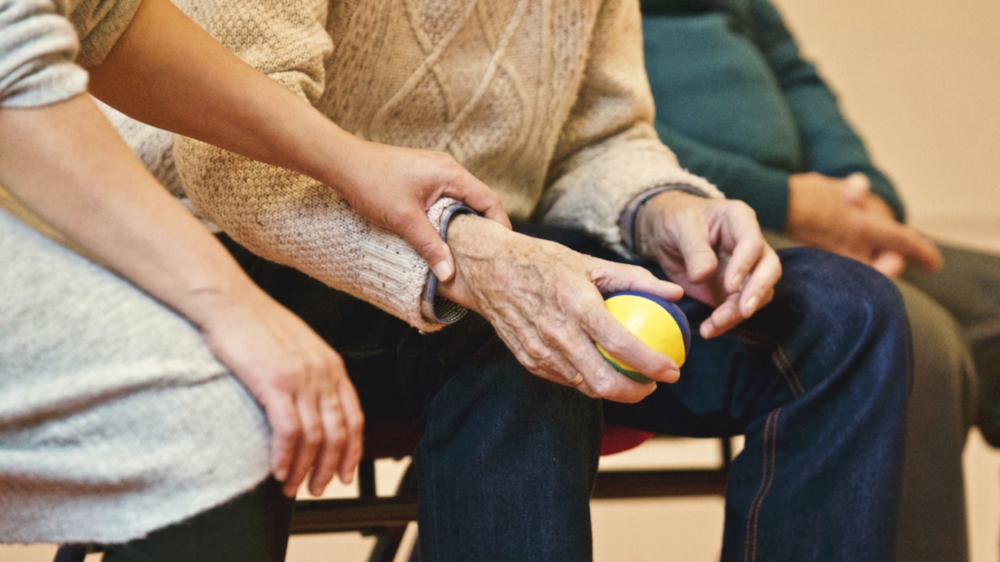 The elderly are always in the street:
The elderly are always in the street:
Now, if you have been to Portugal or Italy you probably know what I am talking about. Elderly people here are not confined to the same roles in public life that you might be used to and they tend to be out and about until they absolutely cannot take care of their daily tasks anymore. This means that they do their own shopping, cooking, cleaning, etc. In addition, elderly women like to sit in their doorways if they live on quiet streets and talk with their neighbors, especially during the summer months when it is hotter. In comparison, you can often find elderly men in bars watching the football or in parks playing chess.
For example, I am always surprised when I see my neighbor (who could be anywhere from 80 to 90+ years old) walk down the steep hill to the Mercadona and back up again, despite having to stop several times for breaks. While you might not think this is a huge feat, the hill and steps to reach the house make me want to stop and take a break and I am in my mid-twenties and fairly fit.
They play an essential role in taking care of children:
While parents are at work (and it is more and more common for both parents to work full days), kids are either at schools or being watched. In the States, it is normal for people to send their kids to childcare or an equivalent; here it is normal for the grandparents to take them, at least a couple of days a week. This is due to a couple of factors: families tend to stay close to home making it easier for grandkids to stay with their grandparents; childcare is expensive and grandparents are a ‘cheaper’ option; and spending time with family is highly valued in this culture.
It makes me laugh when I talk about it to my younger students here in Spain. One of them goes three or four days a week to his grandparents and they eat the same thing every week (Mondays are cocido or a typical Spanish garbanzo soup). He thinks it is totally normal to spend this time with his grandparents even if he doesn’t really like cocido.
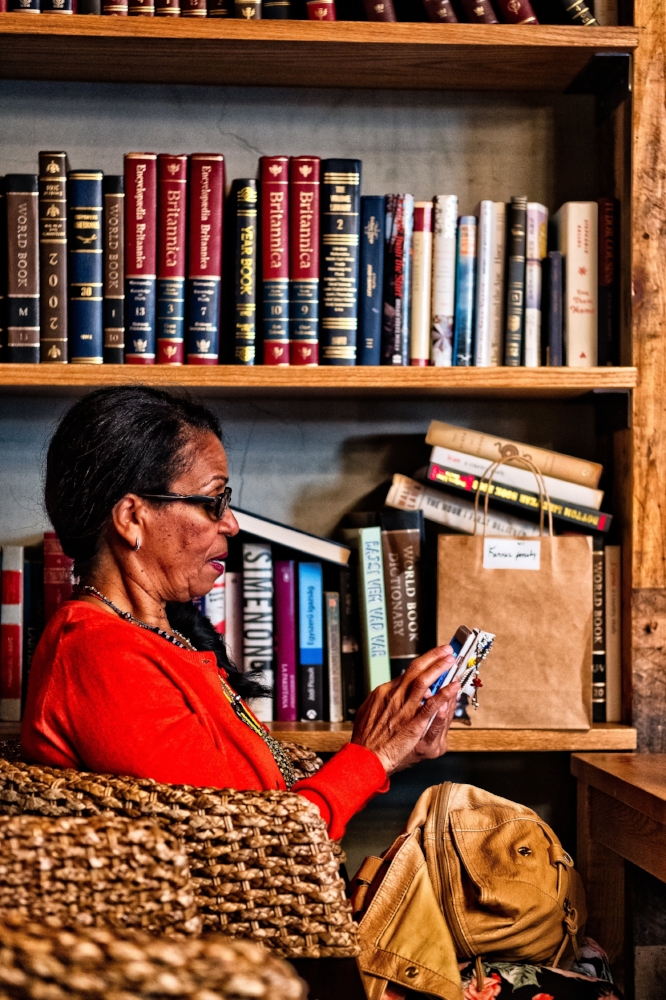 They feel especially responsible for the future generations:
They feel especially responsible for the future generations:
I don’t exactly know how to explain this (or why it came about) but the majority of the elderly feel a deep sense of responsibility to make sure their children and grandchildren are well off. The majority of them don’t really have great pensions, yet they penny-pinch in a way that younger generations wouldn’t dream of saving. I think this has to do with the suffering that happened during Franco’s regime in addition to their intense desire to make sure their children’s lives are better than theirs were.
If you read the article recommended above, you will also see how elderly people are fighting for their independence, but not necessarily for themselves. Traditionally, mothers and fathers moved in with their children after a certain point (also to help with the cooking, cleaning, and childminding), but this trend is changing. One of the main reasons for the change is that older generations don’t want to be perceived as a ‘burden’ for their children.
It really made me think: When I was doing my undergrad I interviewed a bunch of elderly people for a school project. Talking to them allowed me insight into this world of wanting-to-help-while-still-not-being-a-burden. Even when the man or woman could use a bit of financial/emotional support from their families, they would never dream of asking for it.
As someone who grew up only seeing her grandparents once or twice a year, I really never had the opportunity to see these dynamics play out in my family, but what I did see didn’t match up to what I experience here. Although age discrimination and the integration of the elderly is something that exists all over the world, I think that the way it happens here is very different than in the States (although I couldn’t necessarily say it is inherently ‘better’ or ‘worse’). Have you noticed it too?
What is your experience?
Sincerely,
Spain
P.S. Of course there are grandparents all over the world that do act selfishly when around their families, I know several friends who claim to have them here in Spain too, this is just my general perception of the situation.


